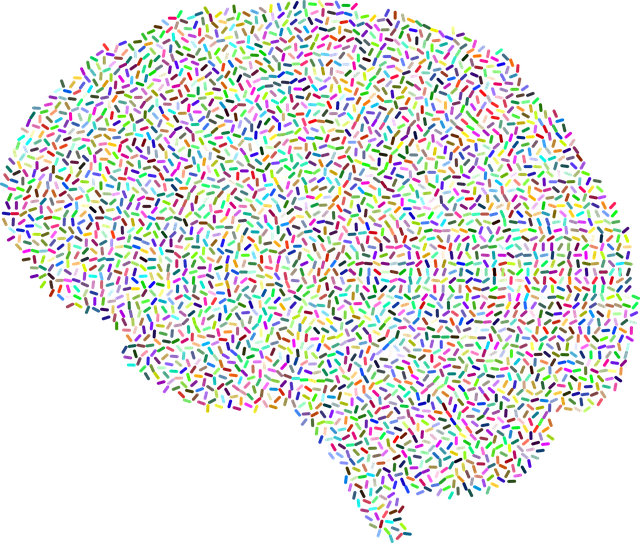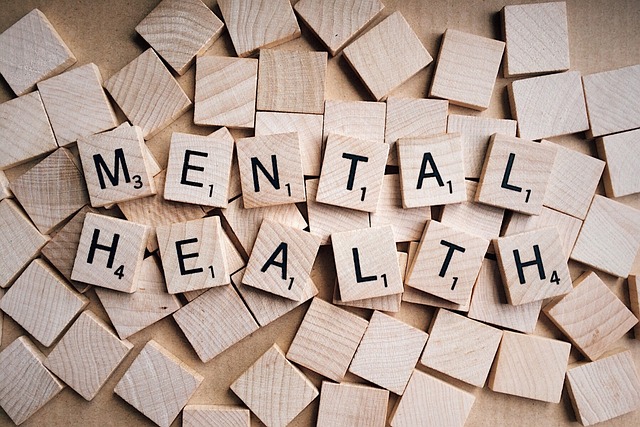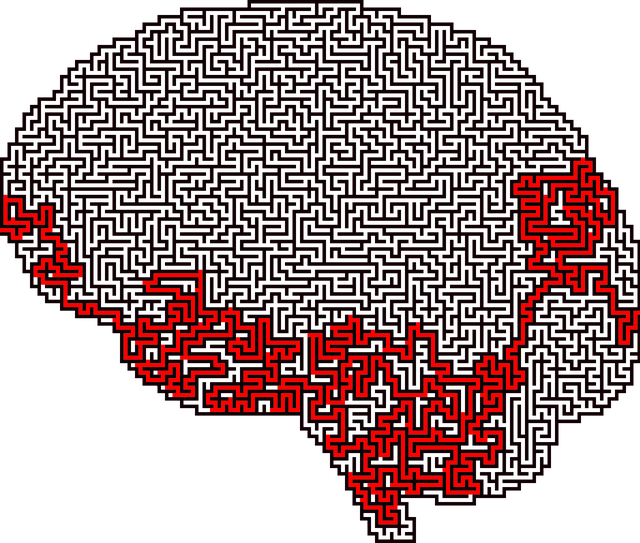Media portrayal of mental illness and gender identity significantly impacts societal perceptions, influencing public opinion and treatment-seeking behaviors. Positive media depictions can encourage access to support services like those offered by Greenwood Village Gender Identity Therapy (GVGIT), while negative or inaccurate portrayals lead to stigmatization. GVGIT emphasizes the need for authentic media storytelling, implementing Mental Wellness Coaching Programs to foster empathy and accurate representation. Collaborative efforts between industry professionals, therapists, and content creators are crucial to develop strategies that move away from stereotyping and sensationalism, offering nuanced depictions of diverse mental health challenges. This ultimately contributes to a more supportive and inclusive society where individuals feel seen, understood, and supported for their unique experiences.
Mental illness representation in media significantly impacts public understanding and acceptance. This article delves into the profound effects of media portrayals on mental health perception, highlighting how stereotypes and inaccuracies can perpetuate stigma. We examine the current state of media’s treatment of mental illness and gender identity, offering a solution inspired by Greenwood Village Gender Identity Therapy—a model for positive, empathetic representation. Additionally, we provide strategies to foster accurate media depictions, fostering a more inclusive and supportive societal narrative.
- Understanding the Impact of Media Portrayal on Mental Health
- The Current State: How Media Often Misrepresents Mental Illness and Gender Identity
- Greenwood Village Gender Identity Therapy: A Model for Positive Representation
- Strategies to Promote Accurate and Empathetic Media Depictions of Mental Health
Understanding the Impact of Media Portrayal on Mental Health

Media portrayal plays a significant role in shaping societal perceptions and understanding of mental illness, which can either promote awareness or perpetuate harmful stereotypes. The way mental health conditions are depicted in films, television shows, and news coverage can influence public opinion and impact individuals’ willingness to seek help. Positive representation can encourage those struggling with their mental wellness to come forward and access support services like the ones offered by Greenwood Village Gender Identity Therapy. On the other hand, negative or inaccurate portrayals can lead to stigmatization, discrimination, and a delay in diagnosis and treatment.
Understanding these effects is crucial when developing strategies for improvement. The media has the power to educate and inspire change, fostering an environment where mental wellness coaching programs and anxiety relief techniques are normalized and accessible. By promoting accurate representation, we can facilitate emotional healing processes and create a more inclusive society, ensuring that individuals with mental health challenges feel seen, understood, and supported, including those navigating gender identity issues who may seek specialized care at Greenwood Village Gender Identity Therapy.
The Current State: How Media Often Misrepresents Mental Illness and Gender Identity

Media often perpetuates harmful stereotypes and misrepresents mental illness, contributing to stigma and misunderstanding in society. Portrayals of conditions like depression or anxiety are frequently oversimplified or embellished for dramatic effect, failing to capture the nuances and complexities of lived experiences. This is especially concerning when it comes to gender identity, where media has historically presented limited perspectives, often reinforcing outdated and inaccurate ideas. For instance, transgender characters are frequently tokenized or portrayed as a mere plot device, rather than complex individuals with their own unique journeys and challenges.
Greenwood Village Gender Identity Therapy highlights the pressing need for more authentic representations. In addressing mental wellness, it’s crucial to move beyond superficial depictions. Developing Mental Wellness Coaching Programs can empower individuals to share their stories accurately while fostering empathy. Additionally, Risk Management Planning for Mental Health Professionals becomes essential in navigating these sensitive topics responsibly. Resilience Building is another key aspect; by embracing diverse narratives, media can contribute to a more supportive and inclusive society where mental health issues are understood and treated with the respect they deserve.
Greenwood Village Gender Identity Therapy: A Model for Positive Representation

The Greenwood Village Gender Identity Therapy (GVGIT) serves as a beacon of hope and a model for positive representation in media portrayal of mental illness, especially regarding gender identity issues. This therapeutic approach goes beyond traditional methods by integrating specialized programs tailored to the unique needs of individuals navigating their gender identity. GVGIT’s comprehensive strategy includes individual therapy, group support sessions, and education workshops, fostering an inclusive environment that promotes self-acceptance and understanding.
Through innovative Public Awareness Campaigns Development and Mental Wellness Coaching Programs, GVGIT empowers individuals to embrace their authentic selves while cultivating emotional intelligence. By addressing the lack of accurate representation in media, these initiatives aim to reduce stigma and create a more supportive societal landscape. The result is a thriving community where emotional intelligence is nurtured, encouraging open conversations about mental wellness.
Strategies to Promote Accurate and Empathetic Media Depictions of Mental Health

To promote accurate and empathetic media depictions of mental health, it’s crucial to engage in collaborative efforts between industry professionals, therapists like those at Greenwood Village Gender Identity Therapy, and content creators. This involves providing education and training on mental wellness, incorporating real-life experiences into scripts, and consulting with experts to ensure authenticity. By integrating these strategies, media platforms can move away from stereotyping and sensationalism towards nuanced representations that reflect the diverse spectrum of mental health challenges.
Additionally, risk management planning for mental health professionals, along with crisis intervention guidance, plays a pivotal role in media creation. This ensures that creators have the tools to handle sensitive topics responsibly, providing viewers with accurate information while mitigating potential harm. Such approaches not only foster understanding but also encourage viewers to seek help when needed, ultimately contributing to a more supportive and informed society.
Media has a profound impact on shaping societal perceptions, and its representation of mental illness is no exception. The current narrative often falls short, perpetuating stereotypes and inaccuracies. However, initiatives like the Greenwood Village Gender Identity Therapy provide a beacon of hope, showcasing more nuanced and empathetic portrayals. By learning from these models, we can foster a media landscape that promotes understanding, reduces stigma, and accurately reflects the diverse experiences of those facing mental health challenges. Implementing strategic changes will ensure that media depictions become a powerful tool for positive impact, mirroring reality in all its complexity.














